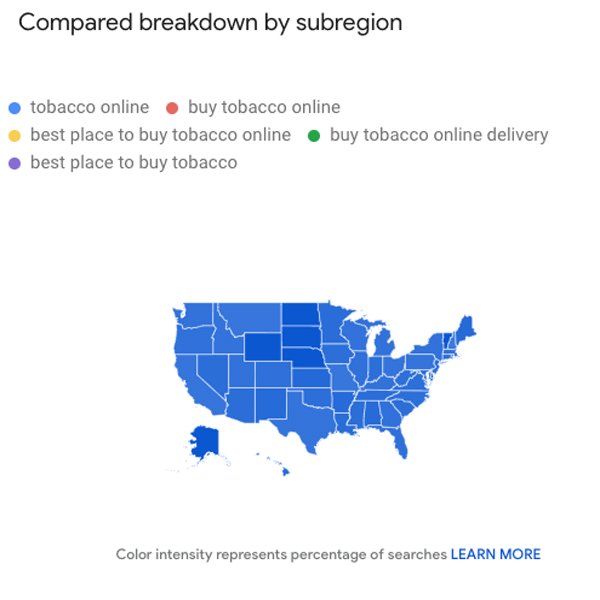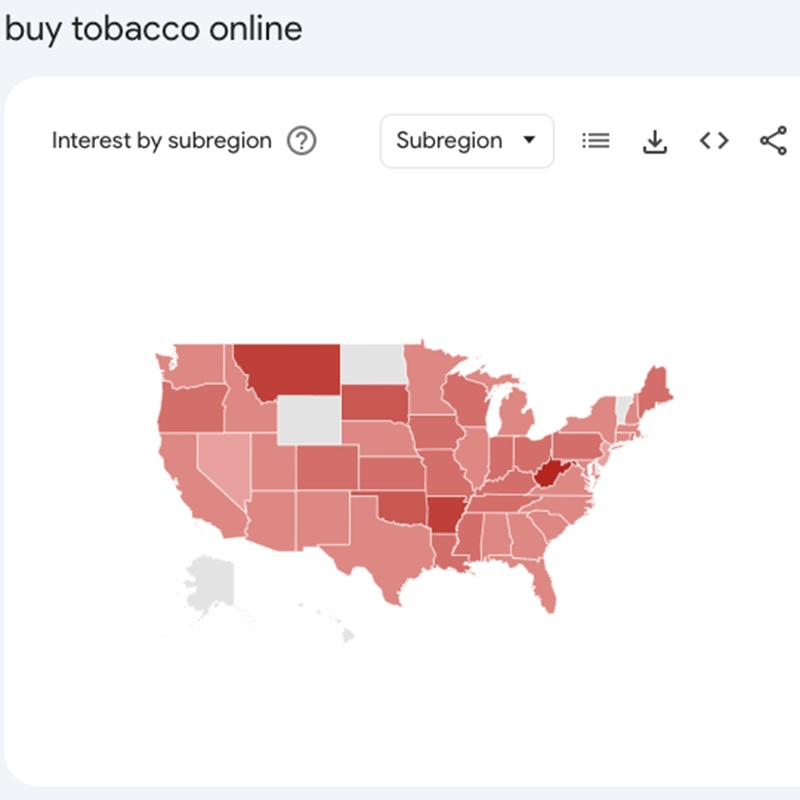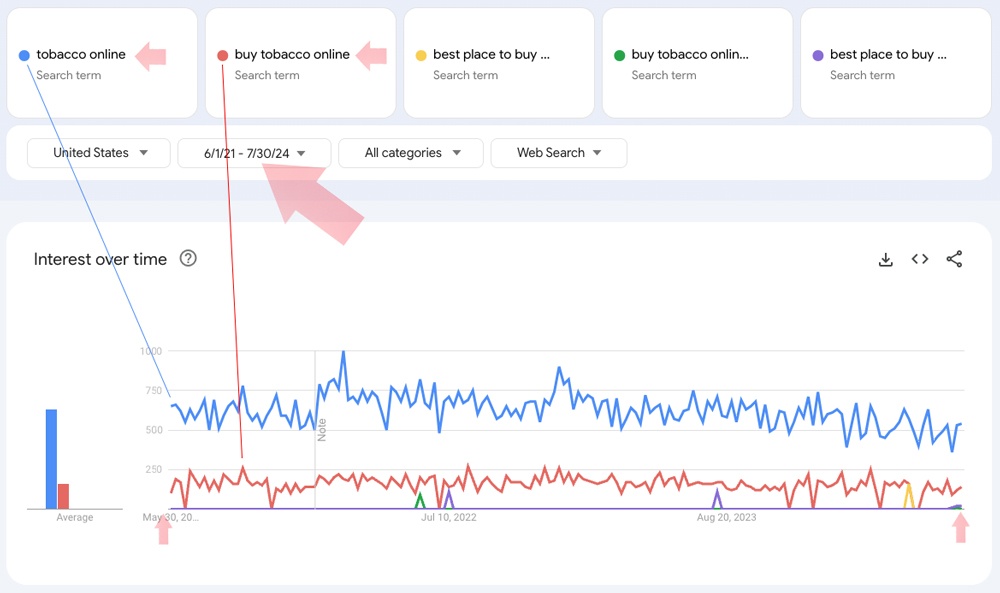
Sell tobacco online

Sell tobacco online
Alongside firearms, alcohol, and adult topics, tobacco is one of the most regulated industries in the United States. Despite these regulations, the demand for tobacco products, especially cigars and pipe tobacco (not cigarettes), has been increasing exponentially each year. This trend includes an influx of companies entering the online sales market, which reached a staggering $500 billion annually in the U.S. alone.
The Pure Food and Drug Act of 1906 was one of the first laws directly affecting the tobacco business. This was just the beginning, as numerous federal and state regulations have since been enacted. Here are the most significant milestones:
a. Early 20th Century: The Pure Food and Drug Act of 1906 indirectly affected tobacco by targeting adulterated and misbranded products. However, it wasn’t specifically aimed at tobacco sales.
b. 1960s-1970s: The landmark Surgeon General’s report in 1964 highlighted the health risks associated with smoking, leading to the Federal Cigarette Labeling and Advertising Act of 1965 and the Public Health Cigarette Smoking Act of 1969, which mandated health warnings on cigarette packaging and banned cigarette advertising on television and radio.
c. 1980s-1990s: The Comprehensive Smokeless Tobacco Health Education Act of 1986 required health warnings on smokeless tobacco products. Additionally, the 1990s saw the introduction of the Synar Amendment in 1992, which required states to enforce laws prohibiting the sale and distribution of tobacco products to individuals under 18.
d. 2000s-Present: The Family Smoking Prevention and Tobacco Control Act of 2009 gave the Food and Drug Administration (FDA) authority to regulate the manufacture, distribution, and marketing of tobacco products. This act marked a significant regulatory milestone, allowing the FDA to set standards for tobacco products and restrict sales and marketing practices.

Given this landscape of regulations and prohibitions, the question is, “How to Sell Tobacco Online?” Analyzing search trends reveals that between 2022 and the present, there has been a steady trend of searches distributed across the Eastern and Western United States, with Vermont, Alaska, Delaware, and South Dakota seeing over 300 searches per day during 2023. Our decade-long experience in online marketing in the United States has allowed us to develop dynamic strategies for promoting and selling products related to the tobacco industry. Here are the steps to start generating sales from scratch for companies related to tobacco sales.
Analyze state and federal regulations that may affect where you intend to operate. It’s crucial to remember that online sales must report sales in the state where they are generated, although specific regulations can vary by state.
You can generally sell cigars in the following states:
• Florida: No state excise tax on cigars, making it an attractive market.
• Texas: Online sales are permitted with specific tax regulations.
• California: Permitted with a 52.92% tax rate on wholesale prices.
• New York: Online sales are allowed with a 75% wholesale tax.
• Illinois: Permitted with a 36% wholesale tax rate.
• Pennsylvania: No state excise tax on cigars, ideal for online sales.
• Georgia: Allowed with a 23% tax rate.


Understanding your “Buyer Persona” is vital. Your product’s target audience influences everything from branding and website design to social media profiles. There are two main types of audiences: B2B (Business to Business) and B2C (Business to Customer). The marketing strategy and channels used to reach these audiences will vary accordingly.
Since the 1940s, tobacco (not cigarettes) has undergone a gradual change in consumer perception. It has shifted from being a common-use product to an exclusive-use product, emphasizing its artisanal, handmade nature as opposed to mass-produced cigarettes. Our campaigns at Digital Media 305 focus on sensitizing consumers to the artisanal production process and the historical significance of different communities involved in tobacco crafting. Over time, tobacco consumption has acquired social connotations of luxury and status, overshadowing potential negative health effects associated with excessive consumption.
Tobacco consumers are unique individuals who are, to some extent, connoisseurs. Tobacco has historical ties to many Caribbean independence movements. Highly educated tobacco communities played a crucial role in gathering intellectuals and thinkers around the act of smoking a cigar, forming exclusive societies with their own laws and difficult access. These societies were the breeding ground for many emancipation processes that later spread across Latin America. Ignoring these details strips tobacco of its primary cultural function, beyond the pleasure derived from its consumption.
The audience, whether well-versed in the Art of Tobacco or new to it, is eager to learn and hear new stories. Don’t miss the chance to create emotional connections between those who cultivate the leaf, transport the product, manufacture the tobacco, and those who consume it. You’re not selling a product; you’re offering an opportunity. And as an opportunity, it’s not for everyone. Each tobacco you sell is a chance for the buyer to connect and become part of a story, an ancient wisdom.
Whether you want to start your journey in online tobacco sales or reach better distributors for your tobacco, Digital Media 305 has the tools and experience to help you achieve your goals. Contact us today, and with a simple click, we can design a personalized strategy to participate in the demand for one of the most sold products in the USA in the past three years.
• FDA: History of the Regulation of Tobacco
• CDC: History of Tobacco Regulation
• Public Health Reports: A Brief History of Tobacco Regulation in the United States
• Tobacco tax Consultants: